A report by the European climate agency has declared 2023 as the hottest year on record. With an alarming 1.48 degrees Celsius increase above preindustrial levels, the year approached the critical 1.5-degree threshold outlined in the Paris Climate Accord.
Samantha Burgess, Copernicus Deputy Director, warned, “January 2024 is on track to be so warm that a 12-month period will exceed the 1.5-degree threshold for the first time.”
The Implications of the 1.5-Degree Threshold
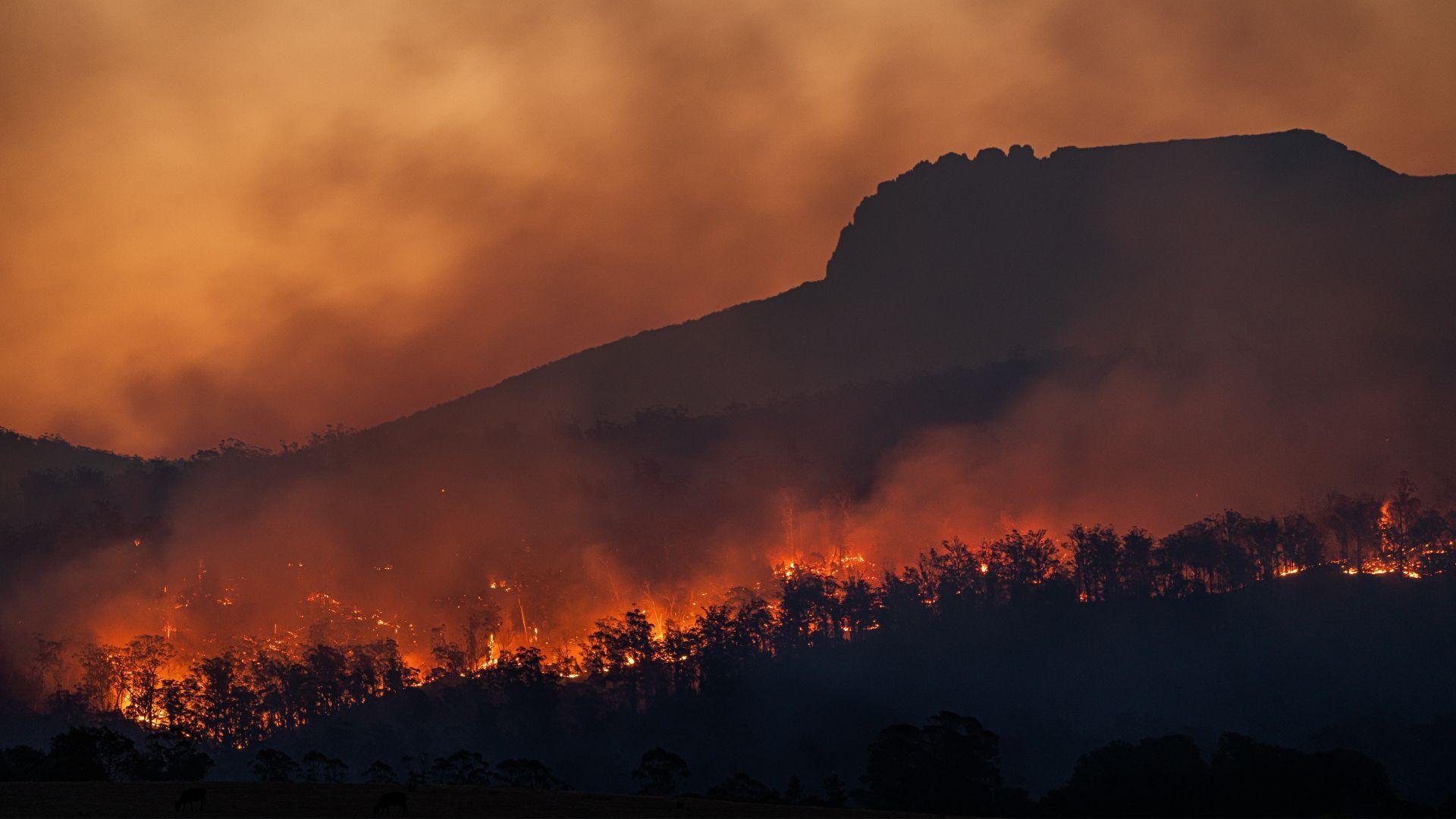
The 1.5-degree target is pivotal in mitigating climate risks.
Burgess explains the gravity of this situation, stating, “The 1.5-degree goal has to be (kept) alive because lives are at risk and choices have to be made” (via CBS News).
A Year of Extreme Weather Events

The effects of the record-breaking heat in 2023 were felt worldwide, leading to severe weather phenomena.
CBS News details how Europe and North America experienced heat waves, while Africa faced droughts. Additionally, torrential rains in Libya and wildfires in Canada highlighted the increasing severity of climate events.
Record Temperatures

According to Copernicus, 2023’s global average temperature was approximately 0.3°F warmer than 2016, the previous record-holder.
Burgess notes, “It was record-breaking for seven months. We had the warmest June, July, August, September, October, November, December.”
Factors Contributing to the 2023 Heatwave

According to CBS News, the primary factor driving 2023’s unprecedented heat was the increased concentration of greenhouse gases.
Burgess attributes this to the burning of fossil fuels like coal, oil, and natural gas. Other contributing elements included natural phenomena such as El Nino, ocean oscillations, and increased solar activity, alongside the eruption of an undersea volcano.
A Historical Comparison of Global Temperatures

Business Insider reveals data from ancient tree rings and ice cores suggests that 2023’s temperatures might be the highest in over 125,000 years.
Climate scientist Jennifer Francis from Woodwell Climate Research Center told CBS News, “2023 was probably the hottest year on Earth in about 125,000 years.”
Daily Temperature Records in 2023
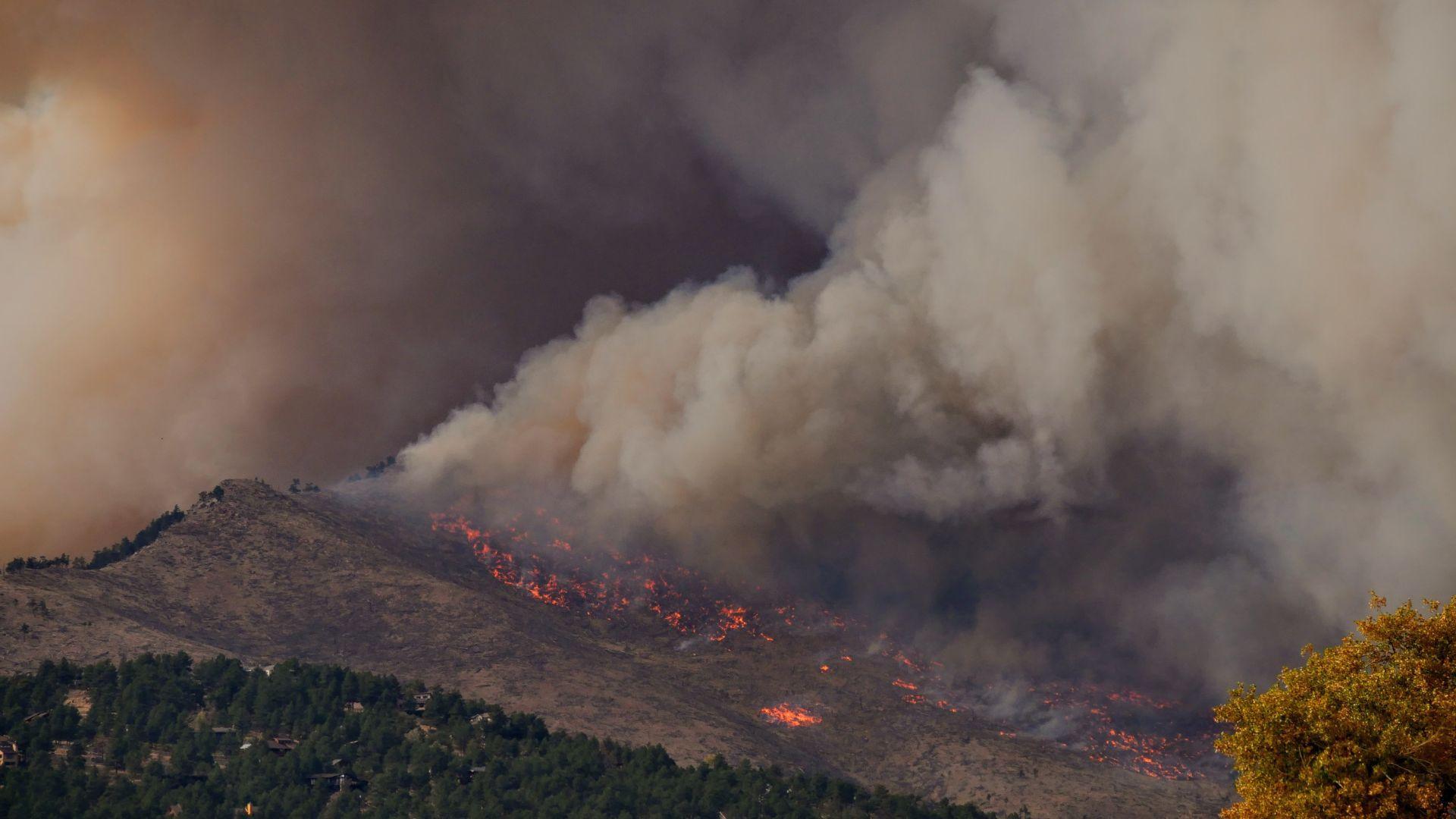
The data from Copernicus shows the year 2023 set records in daily global temperatures. For the first time in recorded history, every day of the year was at least 1°C warmer than preindustrial times.
The year also saw days where the temperature exceeded the 1.5°C threshold, highlighting the urgency of addressing global warming.
Confirming 2023 as the Hottest Year
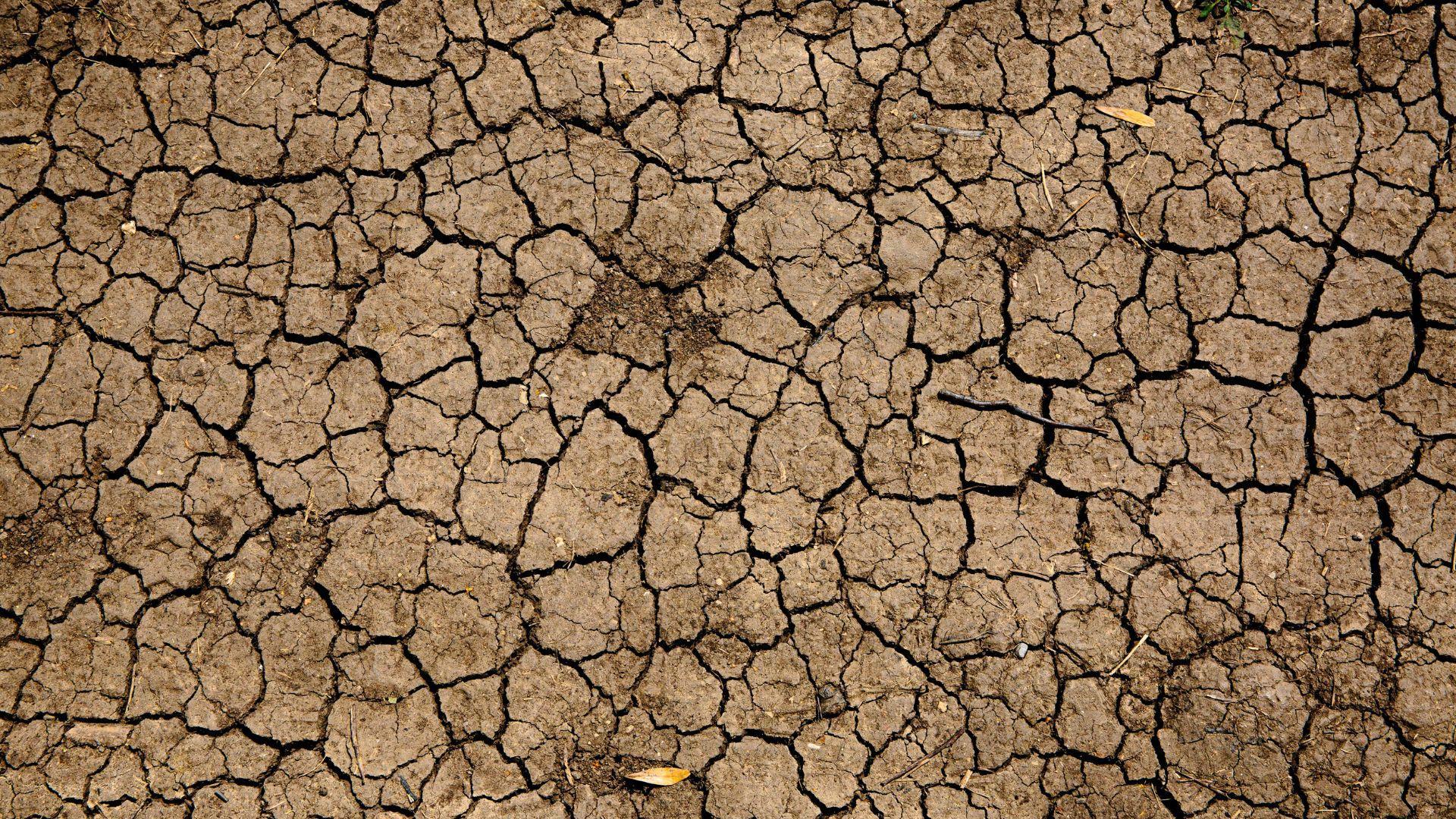
The Copernicus Climate Change Service (C3S) has confirmed that 2023 was the hottest year since records began in 1850.
When compared against paleoclimatic data, C3S Director Carlo Buontempo said it was “very likely” the warmest year in the last 100,000 years. The planet’s average temperature was 1.48 degrees Celsius warmer than the 1850-1900 preindustrial period.
The Paris Agreement’s Relevance in 2023

Reuters notes that the 2015 Paris Agreement aimed to limit global warming to 1.5°C. In 2023, Earth frequently approached this limit, with temperatures exceeding it on nearly half the days of the year.
Professor of Climate Change at Newcastle University Hayley Fowler emphasized the need for urgent action, saying to Reuters, “The speed of change in the political world and the will to actually reduce greenhouse gas emissions is not matching the speed of change of extreme weather and warming.”
CO2 Levels and Their Impact in 2023
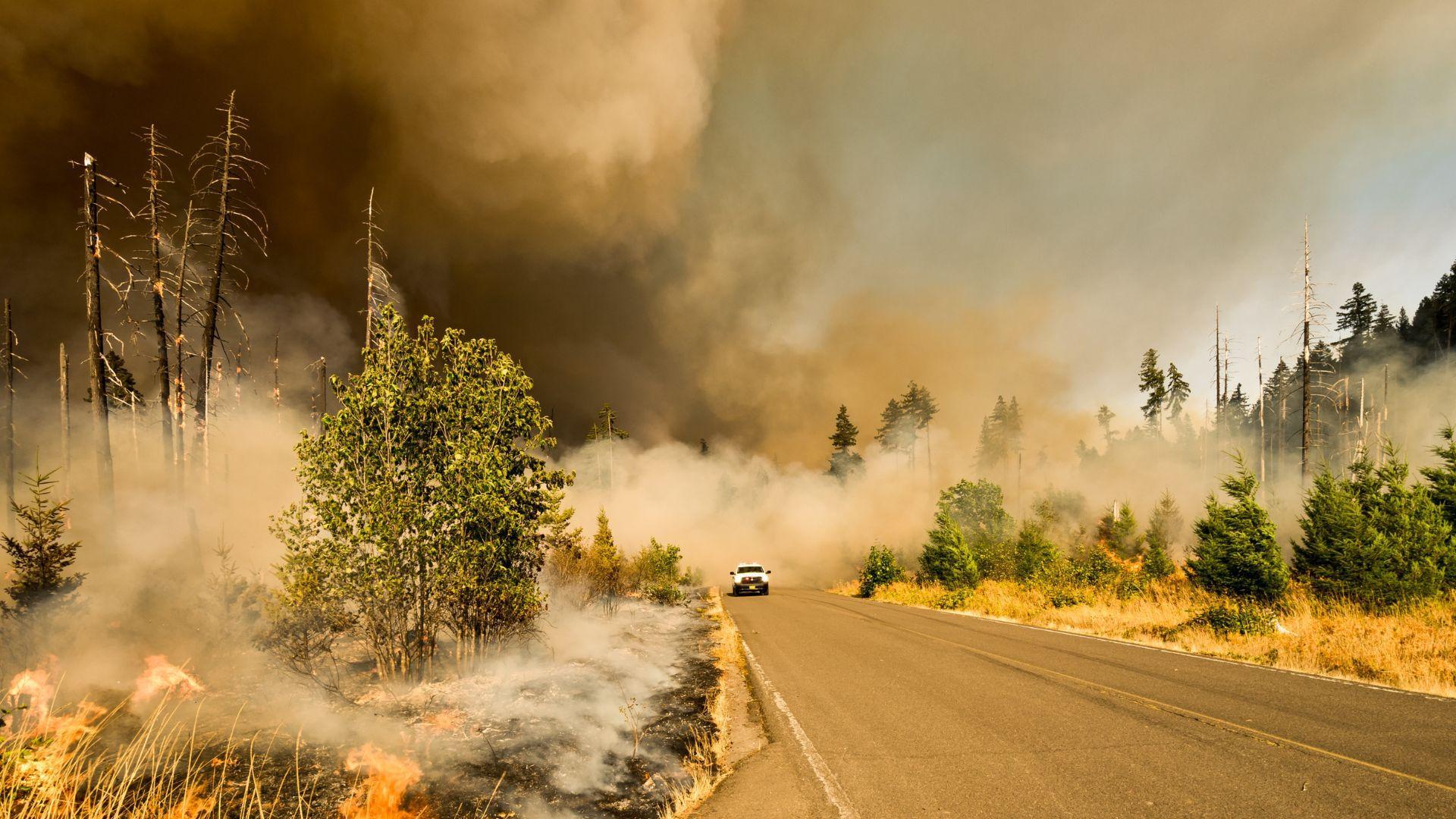
Carbon dioxide levels in the atmosphere reached a new high in 2023, with concentrations peaking at 419 parts per million, as reported by Reuters.
These escalating temperatures intensified weather-related disasters, including heat waves and wildfires.
Evaluating the Significance of 2023’s Heat
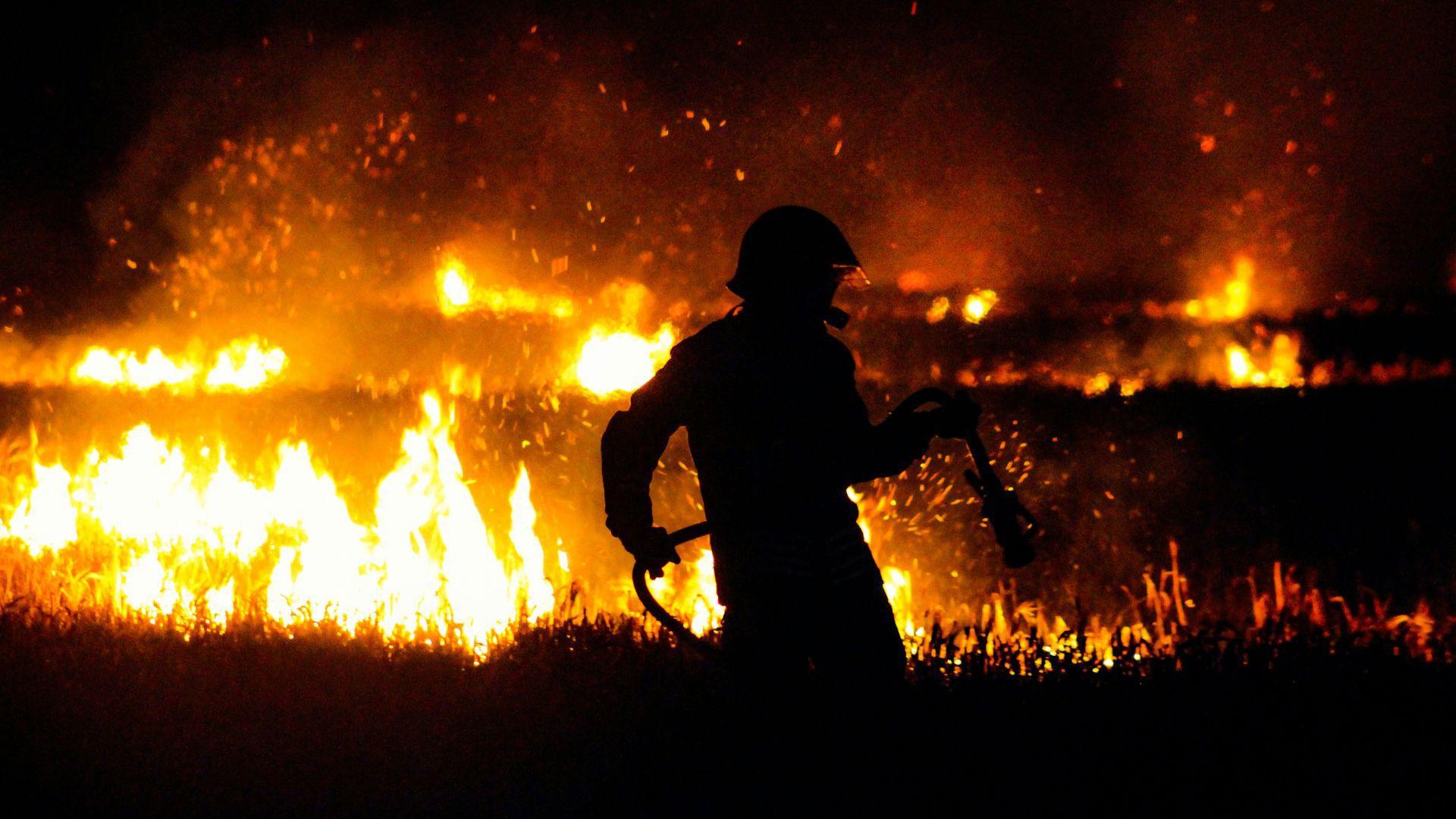
The extreme heat of 2023 raises questions about whether this is an indication of an accelerating trend in global warming.
Burgess admitted more research is needed to understand this phenomenon, stating, “Whether there’s been a phase shift or a tipping point, or it’s an anomalously warm year, we need more time and more scientific studies to understand” (via Reuters).
The Importance of Every Temperature Increase

The impact of even minor increases in global temperatures is profound. Climate scientist Friederike Otto highlights the significance of these changes, telling Reuters, “Comparable small changes in global temperatures have huge impacts on people and ecosystems.”
The economic costs are also escalating, with numerous climate and weather disasters causing extensive damage. This was evident as the U.S. faced at least 25 climate and weather disasters with damages exceeding $1 billion each (via NBC News). Similarly, Argentina and Spain suffered greatly, with droughts severely impacting soybean and wheat crops, respectively.
